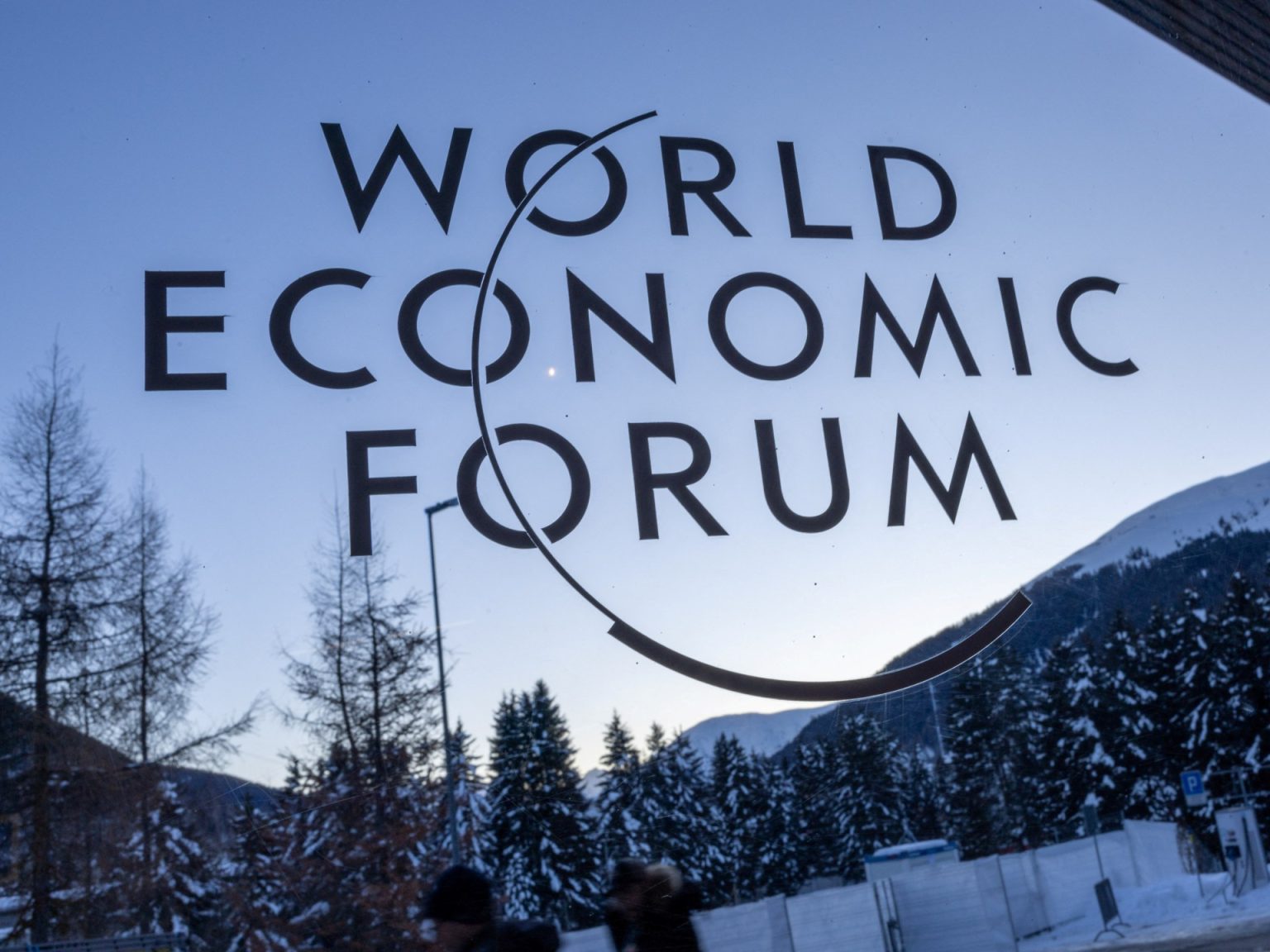The annual World Economic Forum in Davos provides a platform for global leaders to discuss and address critical economic issues, with a recurring focus on Africa’s development. However, too often, these discussions fail to translate into tangible progress on the ground. While Africa boasts some of the world’s fastest-growing economies, its overall growth remains below global averages. This paradoxical situation necessitates a shift from analysis and discourse to decisive action, acknowledging the continent’s immense potential while addressing the obstacles hindering its advancement.
Africa possesses remarkable resources for transformative growth, including 60% of the world’s uncultivated arable land, a young and vibrant population, and vast natural resources. The challenge lies not in the continent’s capacity for development but in dismantling the barriers impeding its progress. The current development landscape is often characterized by a complex web of bureaucratic procedures, conflicting guidelines, and excessive reporting requirements from numerous agencies. While accountability is crucial, this cumbersome bureaucracy stifles progress. Africa urgently needs practical, targeted investments in fundamental sectors that drive economic growth, rather than navigating an intricate maze of administrative hurdles.
A prime example of this need for targeted investment is the energy sector. With only half of Africa’s 1.37 billion people having access to electricity, the continent requires a substantial increase in energy investment, reaching an estimated $25 billion annually by 2030 to close the energy access gap. However, financial investment alone is insufficient. Practical, locally-driven solutions are essential. Regional integration of energy resources, leveraging Africa’s diverse mix of hydro, solar, and other renewable energy sources, is key to resolving the energy crisis. By establishing a pooled power supply and a robust, interconnected grid, Africa can electrify the entire continent, unlocking unprecedented development opportunities.
Another glaring contradiction lies in Africa’s food security. Despite possessing the majority of the world’s arable land, over 280 million people on the continent suffer from undernourishment. This is not a result of a lack of capacity but a consequence of neglected rural infrastructure, fragmented markets, and insufficient investment in agricultural technology. Addressing this challenge requires strategic investments in roads, irrigation systems, and storage facilities, complemented by policies that promote local processing and value addition, transforming agricultural potential into food security and economic prosperity.
Intra-African trade, currently accounting for a mere 15% of the continent’s total trade, presents a significant opportunity for growth. The African Continental Free Trade Area (AfCFTA) holds promise, but its success hinges on practical implementation. This requires building and improving infrastructure, modernizing ports, and dismantling trade barriers – fundamental steps that have proven effective in driving economic development in other regions. These are not novel concepts, but rather proven strategies that require focused implementation.
The path forward for Africa’s development is clear. Firstly, streamlining development processes is crucial. African nations need partners who collaborate and support, not overseers who dictate. Secondly, infrastructure investment must be practical and immediate, focusing on roads, power plants, and ports that facilitate economic activity, interconnectivity between nations, and align with a continent-wide strategic vision. Thirdly, local leadership must be empowered to set priorities based on ground realities, not abstract theories developed in distant boardrooms. Their understanding of the specific challenges and opportunities within their respective nations is invaluable.
Furthermore, investing in human capital is paramount. African youth, across all regions, deserve education systems that equip them with the skills necessary for the modern workplace. Current curricula often resemble outdated models, failing to prepare students for the demands of the evolving job market. This must change. Similarly, healthcare systems require targeted investments to reduce mortality rates and address significant health disparities across the continent. Healthy populations are essential for a productive workforce and overall societal well-being.
Leaders convening in Davos should shift their focus from theoretical discussions to tangible actions that accelerate Africa’s inclusive growth agenda. The continent does not need more seminars on development theory; it needs practical, results-oriented support that empowers nations to build robust economies and societies. These are not merely aspirations; they are realistic goals underpinned by Africa’s vast potential.
The choice before the world is clear: continue with the status quo or embrace a development model that prioritizes results over process. The global response to this choice will determine not only Africa’s future but also the trajectory of global prosperity for decades to come. The time for endless discussion is over. Africa needs action, and it needs it now. The continent’s potential is undeniable, and its people deserve the opportunity to realize that potential. The world must move beyond rhetoric and commit to concrete actions that support Africa’s transformative journey towards sustainable and inclusive growth.

